Innovate small
Say you see the end of your current business model, or you feel pulled to something new (a new market, type of work, or cause for example). What do you do?
What you don't do is instantly stop everything you're doing.
You could, of course. But you'd have to come back on commitments and disappoint people. And, since it's very rare to make money on any idea instantly, you'll lose income.
Instead, you start experiments to test your hunch.
How is it to work in that market? How do potential clients respond to a new proposition? Can you make a small version of what you hope to build and see how people respond?
You do so in 10-20% of your time. While in the rest of your time you keep the plane flying.
It might not work. In fact, most won't. But that's ok since you only invest a small amount of time in it.
Your main job now becomes developing the new business, while keeping the old business running on "good enough".
If you can't make the time, you will focus on making the business less dependent on your own time. Outsourcing and delegating. The idea is to merely continue at the same level. That should require less time and attention than going full throttle.
And do an 80-20 analysis. Which clients or product lines take up an exorbitant of time in relation to the money they bring in?
The trick is to start on time. So occasionally look ahead. How long will this last? How much longer do you see yourself doing this for?
Ánd you need to accept that there will be a transition period.
Accept that it might not be instant. It might take a while to figure out a new product or proposition as successful as the current one.
A healthy business is always working to create a portfolio of products and services, each at a different stage of its life cycle. It builds resiliency.
And when experiments pop, you bring it to adulthood. You move more time and resources to them; from the products that you want to spend less on.
So you don't bet the farm. Which, in Joost van Schie's case, is literal. When joining his family farm, he realized that the methods for innovation he had learned in a corporate setting, applied to the farm as well. So he started experimenting. In our conversation on De Gebakken Peren, we talked about innovating, as well as stepping in the succession line of a family business, and regenerative agriculture.
